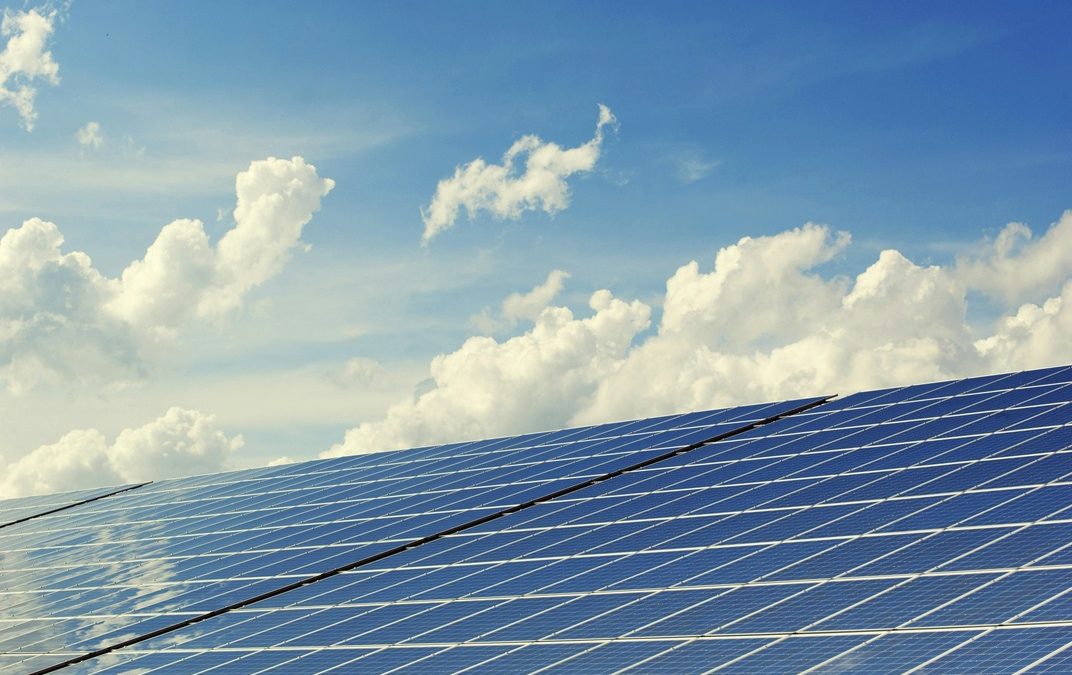In recent years, more homeowners and businesses have turned to solar energy as a reliable and sustainable power source. The benefits of going solar extend beyond cost savings; they also offer a path toward energy independence. Energy independence is an empowering goal for those who wish to reduce reliance on traditional utilities and fossil fuels. Finding the right solar panel installation contractor is key to achieving this vision. We will explore how working with a solar installation contractor from North Valley Solar Power can help you achieve energy independence.
Assessing Your Energy Needs and Potential
The first step toward achieving energy independence is understanding your current energy needs and how solar power can meet them. A solar installation contractor will begin by evaluating your household or business’s electricity consumption, ensuring that the system designed will cover your specific needs. They can determine how much solar energy your property can produce by assessing the square footage, electrical usage patterns, and the number of appliances or devices you typically rely on. This process also includes analyzing the physical potential of your property—such as the direction and amount of sunlight your roof receives throughout the year. This information is crucial to avoid underestimating or overestimating your needs, and it ensures the solar panel system is tailored to deliver enough energy without excess waste. The contractor will also help explain the implications of different panel types, inverter systems, and battery storage options to ensure maximum efficiency.
In addition, they will assess whether your current energy usage can be reduced through other measures like energy-efficient appliances, insulation, and lighting upgrades. By reducing wasteful consumption, you can improve the overall effectiveness of the solar system and enhance your path toward energy independence. These insights are invaluable because even the most advanced solar panels are only as effective as the energy needs they’re designed to meet. A contractor’s expertise in evaluating your energy use helps to customize the installation process, setting the stage for a successful transition to solar energy.
Navigating the Installation Process
The installation of solar panels involves several technical steps, each requiring attention to detail and proper handling to ensure everything runs smoothly. An experienced solar installation contractor will handle the logistics from start to finish, including the design, procurement, permitting, and physical installation of your solar panel system. This ensures that you don’t have to deal with the complexity of installation on your own. The design phase involves choosing the correct number of panels, determining their placement, and mapping out the electrical connections. All of these are key to maximizing solar output.
Permitting is another important stage in the process. Solar energy systems often require local permits and inspections to ensure compliance with regulations. A solar installation contractor will work with local authorities to secure the necessary approvals, which can sometimes be lengthy and bureaucratic. Without their help, you might face delays or complications, especially if you’re unfamiliar with the required paperwork and codes.
Once the installation begins, the contractor will manage a team of technicians to ensure the panels are mounted correctly, securely, and in a way that will optimize their exposure to sunlight. They will also ensure that all connections to your home’s electrical system are properly handled and meet safety standards. This phase typically requires experience with wiring, electrical safety, and rooftop mounting techniques. Incorrect installation can lead to future issues, such as energy loss, leaks, or equipment failures. A solar contractor’s role in navigating these technical challenges reduces the risks and guarantees that your system will be installed safely and efficiently.
Providing Financial Guidance and Incentive Management
One of the biggest advantages of going solar is the potential for significant financial savings. However, navigating the financial aspect of solar installation, including available incentives, rebates, and tax credits, can be confusing for many homeowners and business owners. This is where a solar installation contractor plays a key role in helping you achieve energy independence by making the financial side of solar easier to understand. A contractor will help you determine the overall cost of your system, including any financing options you may want to explore, and they can guide you through the available government incentives that can significantly reduce the upfront costs.
Federal tax credits, state incentives, and sometimes even utility company rebates are available to those who invest in solar energy. These programs vary by region, and maximizing these benefits requires knowledge of the most current legislation and utility policies. Solar contractors are well-versed in the financial incentives available to solar adopters. They can help you complete the paperwork to claim these incentives and ensure you take full advantage of them to minimize installation costs. This guidance can be the difference between a costly outlay and a more manageable investment, with some people finding that the financial incentives make solar energy even more cost-effective than continuing to rely on traditional energy sources.
Achieving energy independence is a goal that many homeowners and businesses are striving for in today’s energy-conscious world. With solar panel systems offering an effective means of reducing reliance on traditional energy sources, a solar panel installation contractor is integral in guiding you through the process. From assessing your energy needs, navigating the complex installation process, and managing financial incentives to ensuring long-term maintenance and support, a contractor helps you transition smoothly to solar power. With their assistance, you can confidently take the steps necessary to achieve long-term energy independence, reducing your carbon footprint and energy costs.
Photo by Pixabay: https://www.pexels.com/photo/blue-solar-panel-board-356036/

Recent Comments